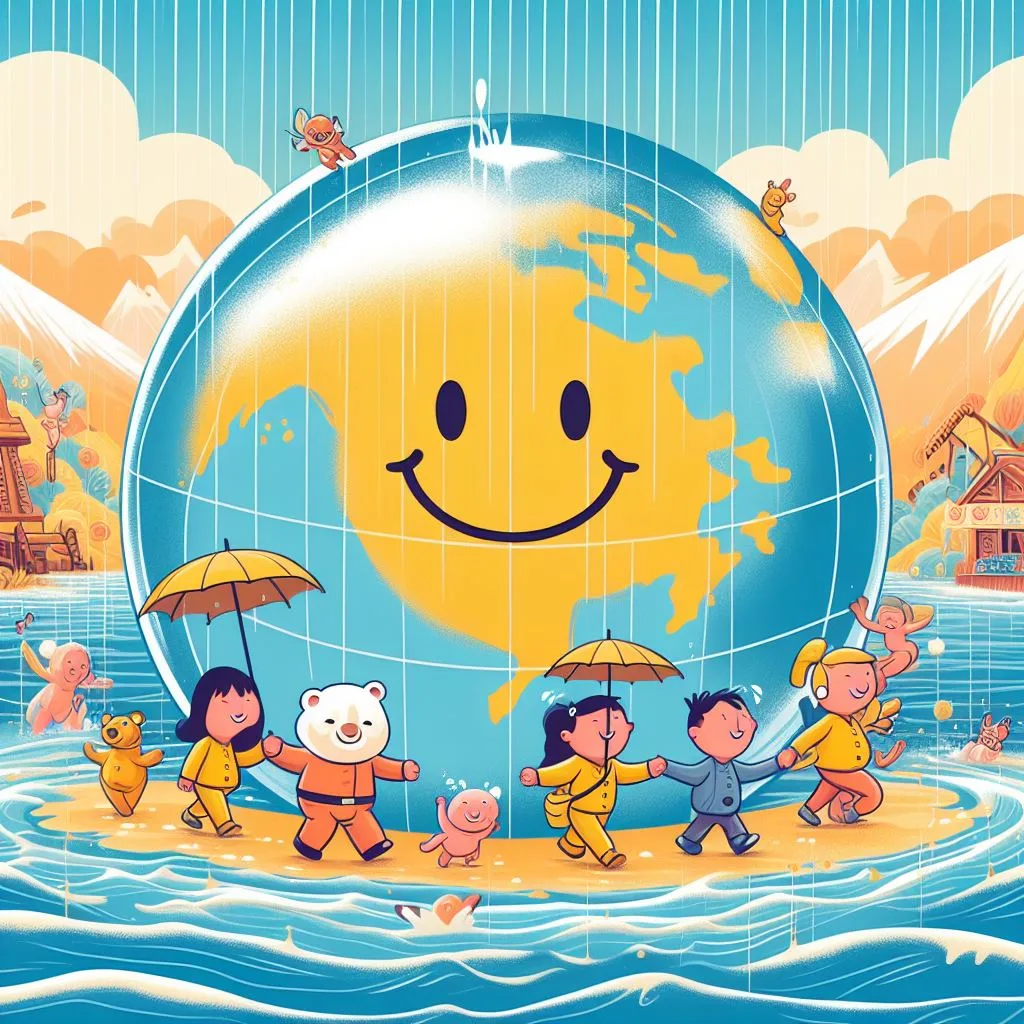
One of the most common questions that people ask about the world is: what are the happiest countries, and how is this measured? Happiness is a subjective and complex concept that can be influenced by many factors, such as income, health, social relationships, freedom, trust, and culture.
However, some researchers have attempted to quantify and compare happiness across countries using various indicators and surveys. One of the most prominent sources of data on happiness is the World Happiness Report, which is published annually by the United Nations Sustainable Development Solutions Network (World Happiness Report, 2023).
The World Happiness Report uses data from the Gallup World Poll, which asks respondents from 149 countries to rate their own lives on a scale of 0 to 10, where 0 is the worst possible life and 10 is the best possible life. The report then calculates a score for each country based on six factors: gross domestic product per person, social support, healthy life expectancy, freedom to make life choices, generosity, and perceptions of corruption.
The report also considers how these factors affect the gap between expected and actual happiness, as well as how the COVID-19 pandemic has impacted well-being around the world (World Happiness Report, 2023).
According to the 2023 World Happiness Report, the top 10 happiest countries in the world are:
- Finland (7.80)
- Denmark (7.59)
- Iceland (7.53)
- Israel (7.47)
- Netherlands (7.40)
- Sweden (7.39)
- Norway (7.32)
- Switzerland (7.24)
- Luxembourg (7.23)
- New Zealand (7.12)
These countries share some common characteristics that may explain their high levels of happiness, such as strong social support systems, high standards of living, low levels of inequality and corruption, respect for human rights and democracy, and a balance between work and leisure.
Moreover, these countries have also shown resilience and solidarity in coping with the challenges posed by the COVID-19 pandemic, such as implementing effective public health measures, providing economic and social relief, and fostering trust and cooperation among citizens and institutions (World Happiness Report, 2023).
However, happiness is not only determined by external factors, but also by internal ones, such as personal values, attitudes, emotions, and expectations. Therefore, happiness can vary significantly within and across countries, depending on individual and contextual circumstances.
Furthermore, happiness is not a static or fixed state, but a dynamic and evolving one that can change over time and in response to different events and experiences. Hence, measuring and comparing happiness is not an exact science, but rather an approximation that can provide some insights into the well-being of people and societies around the world.
World Happiness Report. (2023). World Happiness Report 2023.

0 Comments